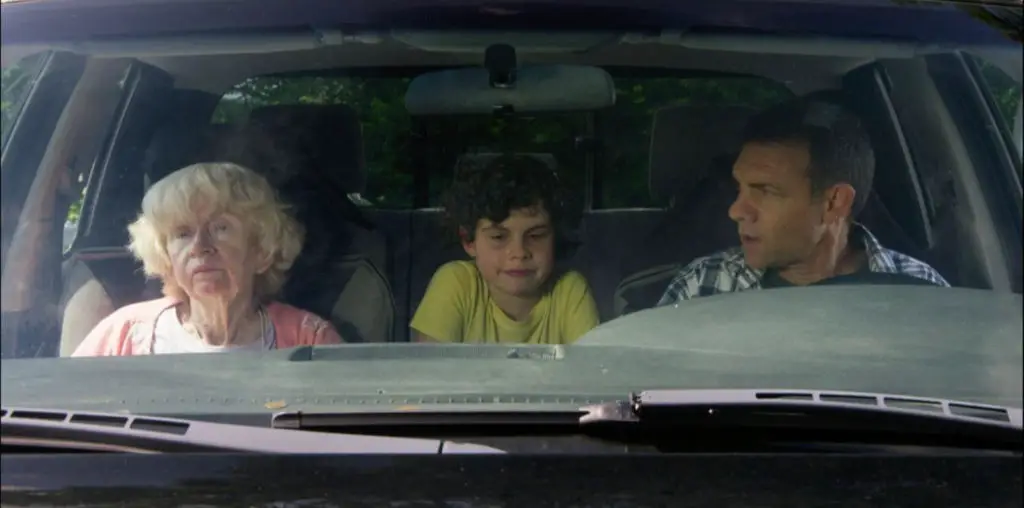
There are probably a dozen interesting facts sprinkled throughout “Third Party,” but there are three of them that stuck out for me.
1. More and more people in recent years have stated that they consider themselves to be “independent,” politically, rather than a Democrat or Republican.
2. Only once in American history has a smaller political group come out of nowhere and become a major political force – that force being the Republicans.
3. Less than forty percent of people eligible to vote in the last presidential election did so.
“Third Party” is, in a way, about these facts and not about these facts. It isn’t an angry film about the dangers of the two-party system. And for the most part, it isn’t a plotted film that follows any one party as it tries to rise to the heights of the Democrats or Republicans.
No, mostly this is an educational film – one that poses questions about the third parties (interesting, isn’t it, that all these parties are the third party, rather than being the third, fourth, fifth, sixth and seventh parties). Who are they, what do they stand for, and what have they managed to achieve politically? This documentary does not take sides, or claim that one party is better than another, or even that any of the third parties is an improvement over one of the current two that dominate the American landscape.
It is filled with facts and ideas from minute one to minute 105, and it is rarely less than interesting. Sometimes, it’s somewhat upsetting. An example: one of the more bothersome thoughts presented is that the United States has only been a democracy for a little under forty years. It sounds ridiculous, until you stop to consider that black people weren’t even considered people until sometime during this very century. It was also during this century that women were given the right to vote for the first time.
There is a small part of the film dedicated to the narrative of a man named Michael DeRosa, who is running for the state Senate. He’s on the Green Party ticket, and most of his campaign is spent meeting individual people and trying to gain a foothold in a political race he’s almost certain to lose.
Most interestingly, the documentary takes us up to election day. The day before the votes are going to be counted, DeRosa hopes for twenty percent of the vote, and figures he’ll get at least twelve or fifteen. He goes on to state that he’ll be disappointed if he gets under ten.
The next day, he does get under ten, although he doesn’t say by how much (he mentions both six and eight percent). While he’s hardly a shattered husk of a man in this sequence, it’s obvious that it affected him, and that he truly felt he was going to do better.
The unposed question is – why did he think he was going to do so much better than he actually did?
Perhaps the heart of the answer resides in our country, a nation that has become almost apolitical. While “Third Party” seems to imply that this is because people have been left without viable choices, it’s hard to determine if this is true.
It seems likely that the reason people don’t get into politics has a great deal more to do with the fact that all politicians – first, second or third party – all essentially have the same problems. For the most part, they claim to believe the same things – that we should protect the environment, nurture the family and lower the taxes. I suspect the reason people don’t vote for third party candidates is not because they don’t know about them, but because they suspect there’s no point. They think that once a candidate gets into office, the only thing they generally will accomplish is to maintain the status quo that was put in place by their predecessor.
“Third Party” implies, but seems unable to prove, that this is not the case. It may be correct, and perhaps a presidency or other seat of power dominated by a third party political system may indeed prove key to making this a better country. But, like all things, it’s only speculation until that actually happens. And this film implies that it may be a long time in coming.

